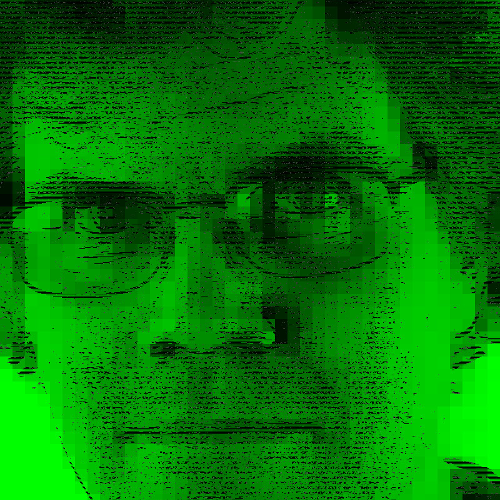Elizabeth Kolbert, science writer, visited scientists trying to undo some of humanity's damage to the ecosystem and perhaps avert the end of all human life. E.g., trying to keep a very-efficient snail-killing fish species out of the Great Lakes so it doesn't wipe out the food supply for the existing not-so-efficient snail-eating critters. Or trying to preserve the desert pupfish, whose natural environment nowadays consists of a pool in one desert cave. Or trying to prevent southern Louisiana from sinking under the Gulf of Mexico. Or geoengineering tricks to reflect sunlight back out into space. Or…
What have we learned? Undoing the damage is hard. Replacing the things that have been destroyed is hard. The scientists preserving the Desert Pupfish constructed a second pool in which to raise more Pupfish. Rather than quarry out rocks exactly like those from the original Pupfish pool, the scientists tried constructing something from foam. I mean, sure—it's plain ol' rocks, right? There's no way you'd need an exact copy of plain ol' rocks to keep Pupfish going, right? Except that the Pupfish pool's ecosystem has some burrowing beetles; it's easier to burrow into foam than into rock; the beetles in the constructed-second pool had too easy a time, ate a lot of pupfish. Not even plain ol' rocks are easy. It's easier to just not trash the original ecosystem; and that's hard, too.
We're getting pretty desperate. There's no reason to think any of these measures will work better than nationalizing ExxonMobil, Chevron, etc and winding down oil drilling and coal mining. I guess it's easier to get a grant to save the Desert Pupfish?
